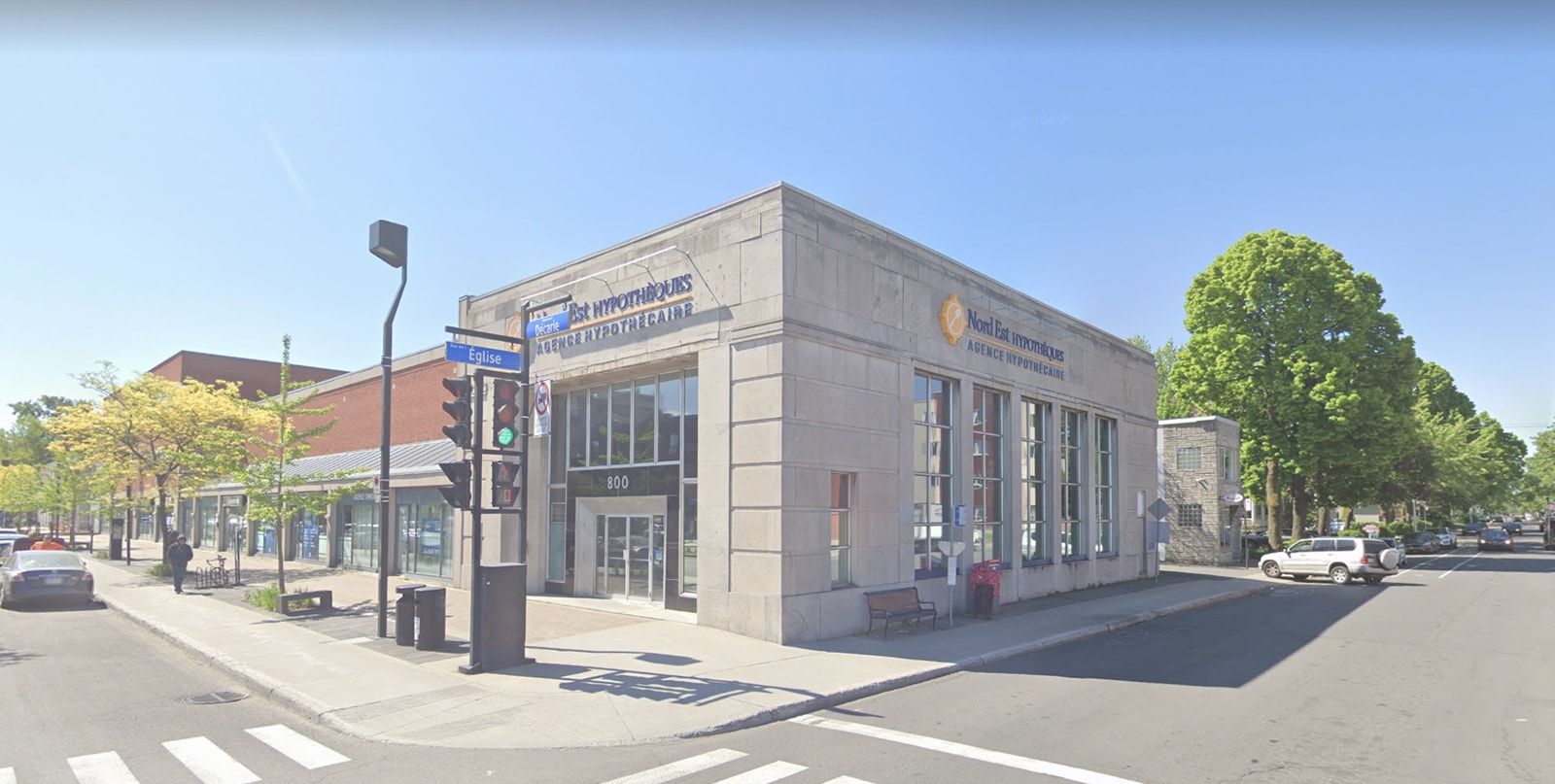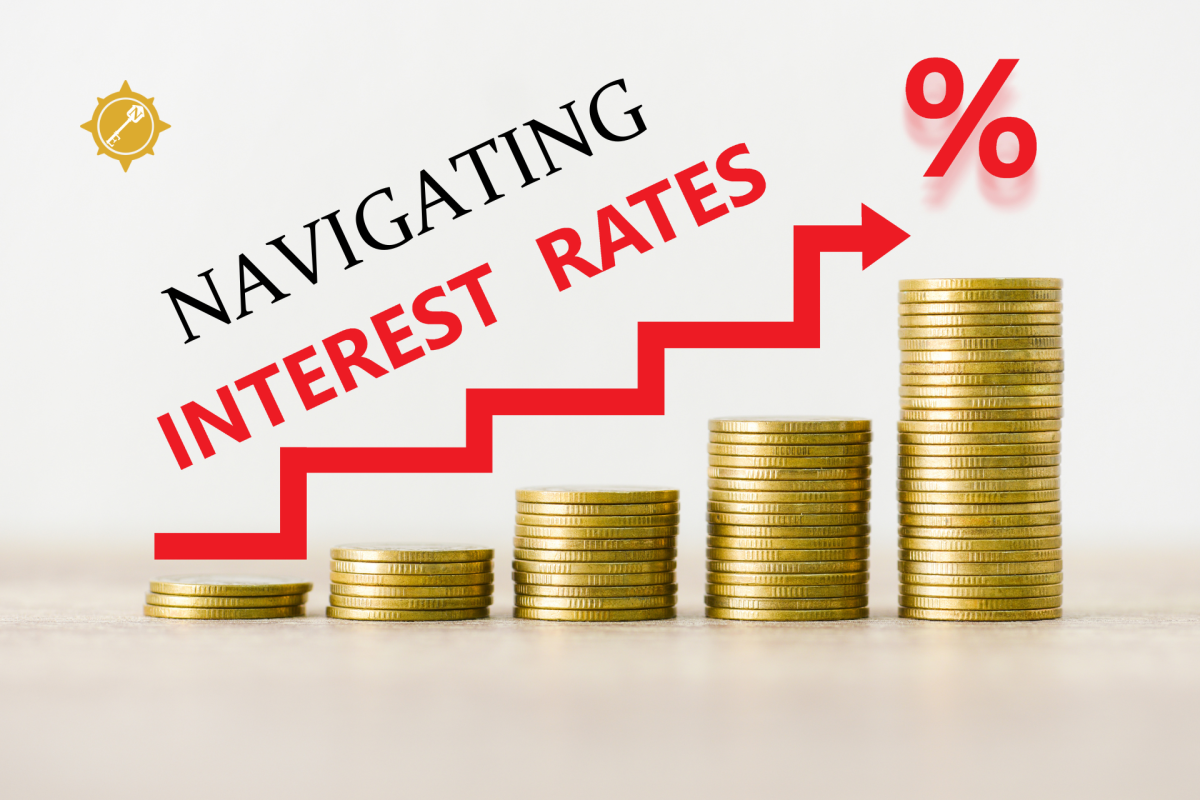In the ever-evolving world of mortgage financing, one of the most significant challenges homeowners face is dealing with higher interest rates at the time of mortgage renewal. This situation has become increasingly common, with many clients who secured mortgages at lower rates now facing renewals in a climate where interest rates have climbed, sometimes by as much as 3%. In this blog, we’ll explore effective strategies to navigate this challenging scenario, focusing on extending amortization and refinancing toxic debt.
Understanding the Impact of Higher Interest Rates
When interest rates rise, the immediate consequence for homeowners is an increase in the cost of borrowing. This is particularly evident during mortgage renewals, where previously manageable rates suddenly escalate, often significantly. For instance, an increase of 3% in interest rates can substantially elevate monthly payments, thereby exerting pressure on household finances.
The ripple effects of this increase are multifaceted. Firstly, it affects the monthly budget, potentially requiring homeowners to recalibrate their spending or savings plans. Secondly, it impacts long-term financial planning. Higher interest rates mean that over the lifetime of the mortgage, homeowners will end up paying more in interest, which can alter retirement plans or other long-term financial goals. Lastly, this scenario can influence the overall housing market, potentially affecting home values and the decision to buy, sell, or refinance.
Understanding these impacts is crucial for homeowners to make informed decisions about their mortgage strategy in a high-interest rate environment. It underscores the importance of considering various strategies and seeking professional advice to mitigate these challenges effectively.
Strategy 1: Extending the Amortization Period
One way to mitigate the impact of higher rates is by extending the amortization period of your mortgage. Amortization refers to the length of time over which the entire mortgage is to be repaid. Traditionally, mortgages in Canada have been amortized over 25 years, but options for longer periods are available. Sometimes extending the amortization by only 5 years can have a major impact on your monthly payment offsetting the higher rate all together.
Pros:
- Lower Monthly Payments: Extending the amortization reduces the monthly payment amount, making it more manageable in a high-interest rate environment.
- Increased Cash Flow: Lower payments mean more cash in hand each month, which can be redirected towards other financial goals or obligations.
Cons:
- Increased Total Interest: A longer amortization means you’ll pay more interest over the life of the mortgage.
- Slower Equity Build-Up: With smaller payments, you’re paying off less of the principal early on, which slows down the rate at which you build equity in your home.
Strategy 2: Refinancing Toxic Debt
Another effective strategy is refinancing high-interest debt, such as credit card balances, into your mortgage. This process involves taking out a portion of the equity from your home to pay off high-interest debts.
Pros:
- Lower Interest Rate: Mortgage rates, even when higher, are typically much lower than rates on credit cards or unsecured loans.
- Simplified Finances: Consolidating your debts into your mortgage means fewer payments to keep track of each month.
- Improved Cash Flow: By eliminating high-interest debts, you reduce your monthly debt payments, freeing up more cash.
Cons:
- Increased Mortgage Balance: You’re borrowing against your home’s equity, which increases your mortgage balance.
- Potential for More Debt: Without proper budgeting and spending habits, there’s a risk of accumulating additional high-interest debt in the future.
Strategy 3: Making Lump Sum Payments When Possible
Another effective strategy to combat the burden of higher interest rates during mortgage renewal is making lump sum payments whenever possible. This approach involves paying a significant amount of money towards your mortgage principal outside of the regular payment schedule.
Pros:
- Reduced Overall Interest: By decreasing your principal balance with lump sum payments, you reduce the total interest you will pay over the life of the mortgage.
- Faster Equity Build-Up: Larger payments directly to the principal increase your home equity more quickly.
- Flexibility: You can make lump sum payments when your financial situation allows, without committing to a higher monthly payment.
Cons:
- Upfront Cash Requirement: You need to have extra funds available to make these payments.
- Opportunity Cost: The money used for lump sum payments could be utilized for other investments or savings opportunities.
This strategy is particularly effective for those who might receive occasional windfalls, such as bonuses, tax refunds, or inheritances. Using these funds to make lump sum payments can significantly alleviate the long-term impact of higher interest rates. However, it’s crucial to ensure that your mortgage terms allow for lump sum payments without penalties.
Combining this strategy with extending the amortization period or refinancing high-interest debts can provide a balanced approach to managing your mortgage in a high-interest rate environment. As always, it’s advisable to consult with a mortgage professional to understand how these strategies align with your specific financial circumstances.
Strategy 4: Negotiating with Your Current Lender
A fourth strategy to manage higher interest rates during mortgage renewal is to actively negotiate with your current lender. This approach involves discussing your renewal terms directly with your lender to seek more favorable rates or conditions.
Pros:
- Potential for Better Rates: Lenders often have some flexibility and may offer a better rate to retain a loyal customer.
- Avoiding Additional Costs: Staying with your current lender can avoid costs associated with switching to a new lender, such as appraisal fees or legal costs.
- Personalized Solutions: Your current lender might be able to offer tailored solutions based on your history with them.
Cons:
- Limited Negotiation Power: You may have limited leverage if you don’t have a strong credit history or if market rates are universally high.
- Time and Effort: It requires time and effort to effectively negotiate and compare offers.
When approaching this strategy, it’s beneficial to do your homework. Research current market rates and know what other lenders are offering. This information can be a powerful tool in negotiations. Also, be open about your financial situation and what you need from your mortgage. Sometimes, lenders can offer solutions that you might not have considered.
If negotiations with your current lender are not fruitful, you can still consider switching lenders. While there might be some costs involved, the long-term savings from a lower interest rate could outweigh these initial expenses. It’s always wise to weigh the short-term costs against long-term benefits.
Combining negotiation with other strategies like extending amortization, refinancing high-interest debt, or making lump sum payments can create a comprehensive approach to managing your mortgage in a high-interest environment. This integrated strategy can help you navigate through the complexities of mortgage renewals, especially when facing significant rate increases.
Helping you Balance the Pros and Cons
When dealing with the complex dynamics of high-interest rate environments during mortgage renewals, it’s crucial to meticulously balance the pros and cons of each strategy. This is where specialized expertise and personalized service become invaluable. At North East, we specialize in offering customized mortgage solutions that cater to the unique needs and situations of each client.
Deep Understanding of Individual Circumstances
- Personalized Assessment: At North East, we start by understanding your individual financial situation. This includes your current income, job stability, lifestyle needs, future plans, and your comfort with different types of risks.
- Expert Analysis: Our team of experts analyzes your mortgage and financial scenario against the backdrop of the current economic landscape. This allows us to provide recommendations that are not just textbook solutions but are tailored to your specific needs.
Weighing Strategy Benefits Against Personal Goals
- Extending Amortization: While this could mean lower monthly payments, it’s important to consider the long-term financial impact. At North East, we help you understand how this affects your overall interest payment and equity buildup.
- Refinancing Toxic Debt: We dive deep into your debt portfolio to identify opportunities for refinancing. Our goal is to ensure that the restructuring of your debt leads to tangible financial relief without compromising your future financial health.
- Lump Sum Payments: Our team advises on how and when to make lump sum payments, considering your cash flow and other financial commitments. We help in planning these payments to maximize their impact on your mortgage.
- Negotiating with Lenders: Leveraging our extensive experience and relationships with lenders, we negotiate on your behalf. Our expertise can make a significant difference in securing terms that are more favorable for you.
A Comprehensive, Client-Focused Approach
- Combining Strategies: Often, a single strategy is not enough. We excel in combining different strategies to create a robust, comprehensive plan. For instance, you might benefit from a mix of extending amortization and making occasional lump sum payments.
- Ongoing Support and Advice: Our commitment to our clients extends beyond the initial mortgage renewal. We provide ongoing advice and support, helping you adapt your strategy as your financial situation or market conditions change.
At North East, we understand that a mortgage is not just a financial product; it’s a key component of your overall financial health and well-being. Our specialized approach is designed to provide you with peace of mind, knowing that your mortgage strategy is tailored to your unique circumstances, aligned with your financial goals, and adaptable to the ever-changing economic landscape.
By partnering with North East, you’re not just navigating the high-interest rate environment; you’re strategically positioning yourself for long-term financial success and stability.
Other Considerations
- Budgeting and Expense Management: No matter the strategy, managing your budget more effectively can provide additional relief in high-interest rate scenarios.
- Seeking Professional Advice: Consulting with a mortgage professional can provide personalized advice tailored to your specific situation.
- Exploring Other Lenders: Don’t hesitate to shop around. Different lenders may offer different rates and terms that could be more favorable.
- Fixed vs. Variable Rates: Consider the type of interest rate that is best for your situation. Fixed rates offer stability, while variable rates may offer lower rates initially but come with the risk of rate increases over time.
Conclusion
The current high-interest rate environment poses challenges for homeowners renewing their mortgages. However, by considering strategies such as extending the amortization period and refinancing high-interest debt into your mortgage, it’s possible to manage these challenges effectively. It’s important to weigh the pros and cons of each strategy against your personal financial situation and to seek professional advice to make the most informed decision.
Remember, every financial situation is unique, and what works for one homeowner may not be the best solution for another. Staying informed, considering all your options, and making decisions that align with your long-term financial goals are key to successfully navigating this high-interest rate environment.



